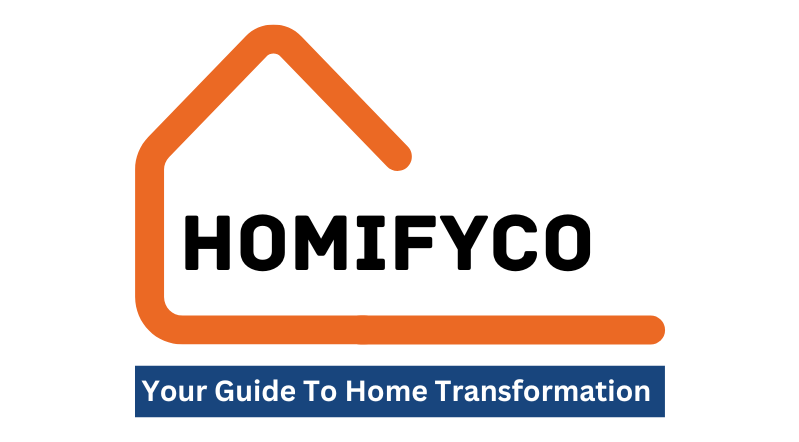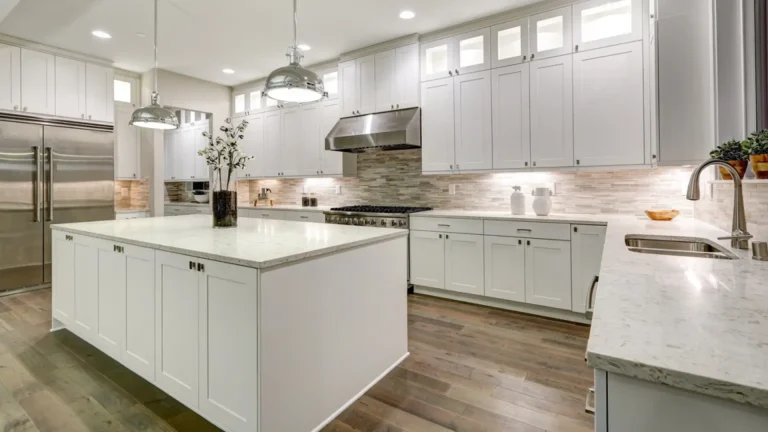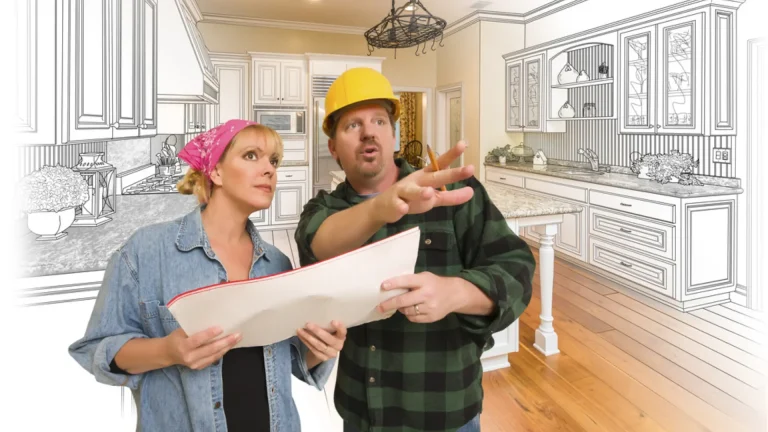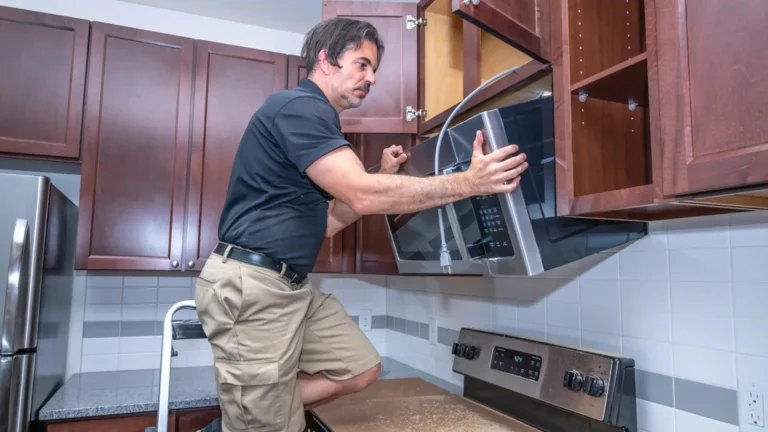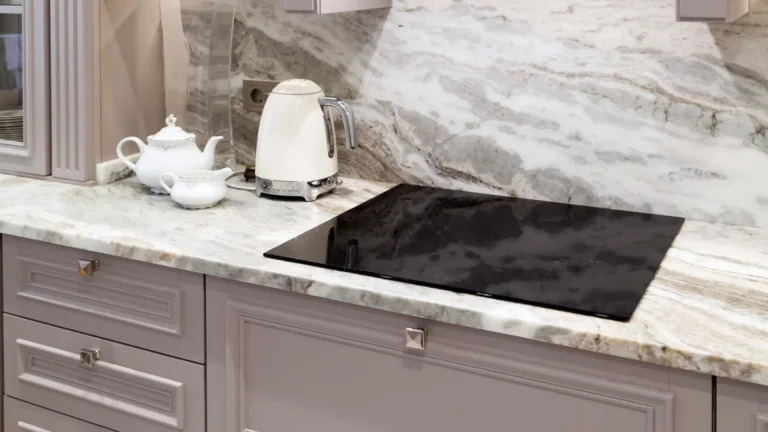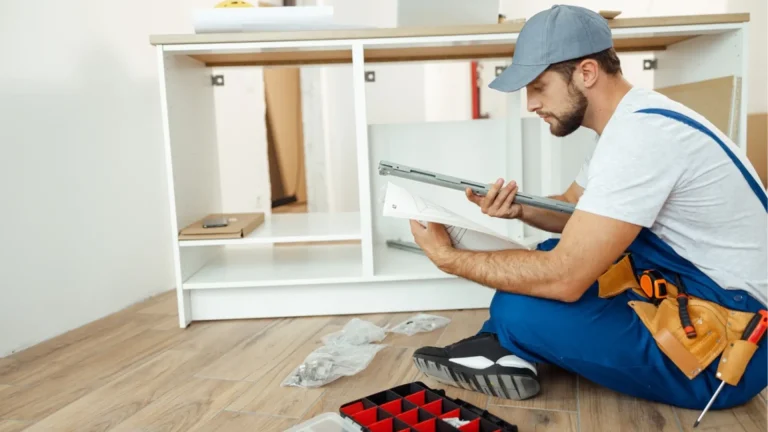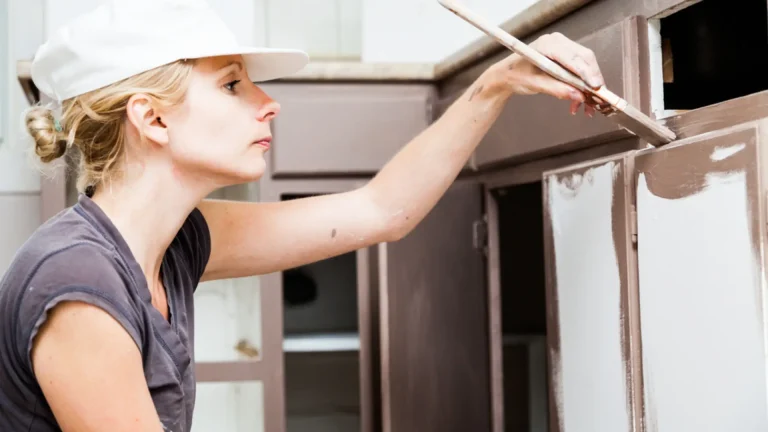How Much Value Does a Kitchen Remodel Add to Your Home?
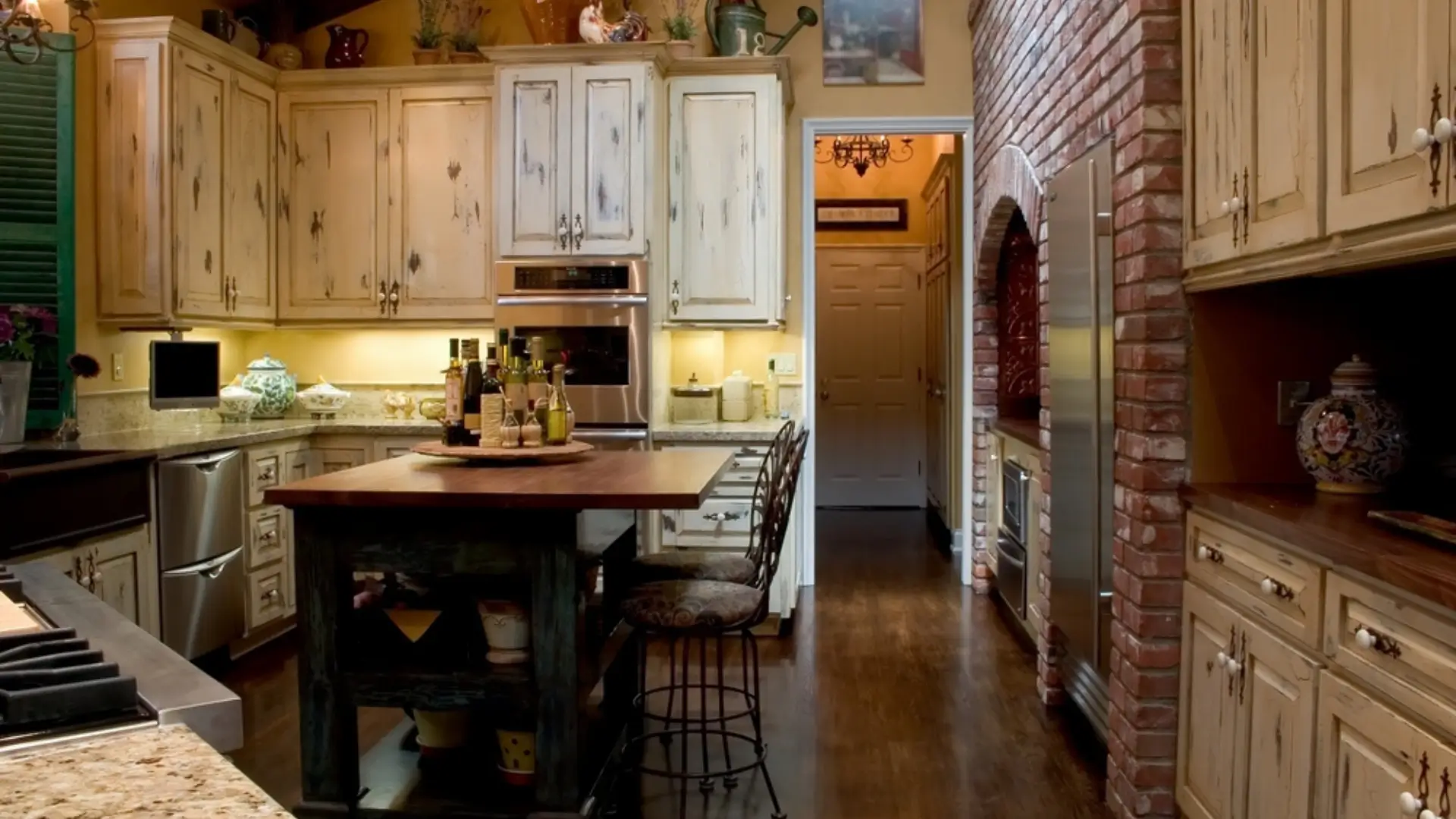
Kitchen remodeling is more than just a trend; it’s a significant investment in enhancing both the functionality and the aesthetic appeal of one of the most important rooms in any home. This investment, however, isn’t just about creating a dream space for cooking and gathering; it’s also about boosting the overall value of your property. This article explores the real impact of kitchen remodels on home value and the key considerations homeowners should make.
When considering a kitchen remodel, homeowners often ponder, “How much does a kitchen remodel increase home value?” The answer is multifaceted, depending on the extent and nature of the remodeling. From minor touch-ups to complete overhauls, each type of kitchen remodel contributes differently to your home’s market value.
How Much Value Does a Kitchen Remodel Add?
Minor Kitchen Remodel
A minor kitchen remodel typically involves superficial upgrades like painting, replacing hardware, and perhaps updating some appliances. The ROI (Return on Investment) for a minor kitchen remodel can be surprisingly high. According to [Source], a minor kitchen remodel can recoup an average of 77% of its cost, making it a smart, budget-friendly improvement.
Midrange Major Kitchen Remodel
Stepping up, a midrange major kitchen remodel might include new cabinets, appliances, countertops, and flooring. This level of remodeling can transform the look and functionality of your kitchen substantially. The ROI for such remodels averages around 58%, as per [Source]. Though costlier, the improvement in home value is substantial.
Upscale Major Kitchen Remodel
An upscale major kitchen remodel is where luxury meets functionality. High-end materials, top-of-the-line appliances, and custom designs characterize this remodel. While the ROI is lower, around 53% according to [Source], the appeal it adds to high-end buyers can be significant.
Kitchen Remodel Cost Variations
The cost of a kitchen remodel varies greatly based on location, materials, and the extent of the changes. A basic remodel might cost a few thousand dollars, while a luxury renovation can run into six figures. Despite the variations, the average ROI remains a strong indicator of the added value.
Key upgrades that add value to a kitchen
Changing the Size
Expanding the kitchen’s size can dramatically increase its utility and appeal. This might involve knocking down walls to create an open floor plan. Such expansions can significantly boost home value, especially in older homes with smaller kitchens.
New Appliances
Upgrading to modern, energy-efficient appliances is not only good for the environment but also for your home’s value. Stainless steel appliances, for instance, are in high demand and can modernize the space.
Durable Countertops
Investing in high-quality, durable countertops like granite or quartz can add both beauty and functionality to your kitchen, making it more appealing to potential buyers.
Hardwood Flooring
Hardwood floors are a timeless addition that can enhance the look and feel of your kitchen while being durable and easy to maintain.
Kitchen Lighting
Good lighting can transform a kitchen. From under-cabinet lights to statement pendants, effective lighting solutions can make a kitchen more inviting and functional.
Accessibility Features
Incorporating accessibility features such as lower countertops and pull-out shelves can appeal to a broader range of buyers, including those with mobility issues.
Key Considerations for Luxury Kitchen Remodels
Custom Cabinetry
Custom cabinets tailored to your space and needs can significantly enhance both the functionality and the resale value of your home.
High-Quality Materials
Investing in high-quality materials for flooring, countertops, and fixtures can add to the longevity and aesthetic appeal of your kitchen.
Premium Appliances
High-end appliances not only add a luxury feel but also offer better functionality and efficiency, which are attractive to potential buyers.
Layout Rearrangement
A well-thought-out layout that enhances flow and usability can be a significant selling point. This might include adding an island or changing the location of appliances.
Should You Renovate Your Kitchen Before Selling?
Deciding whether to remodel your kitchen before selling depends on various factors. If your kitchen is significantly outdated or in disrepair, a remodel can make your home more competitive in the market. However, it’s important to consider the costs involved and the potential return. In many cases, a minor remodel can be more cost-effective and just as impactful in increasing home value as a major renovation.
In conclusion, a kitchen remodel can add substantial value to your home, with the scale and nature of the remodel playing a key role in the ROI. Whether it’s a minor update or a major transformation, thoughtful improvements to your kitchen can make your home more attractive to potential buyers and increase its overall market value.
FAQs
Conclusion
In conclusion, a kitchen remodel can add substantial value to your home, with the scale and nature of the remodel playing a key role in the ROI. Whether it’s a minor update or a major transformation, thoughtful improvements to your kitchen can make your home more attractive to potential buyers and increase its overall market value.
